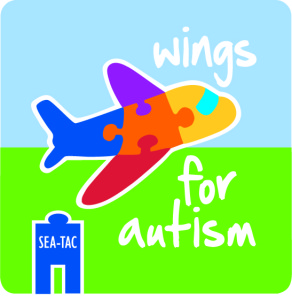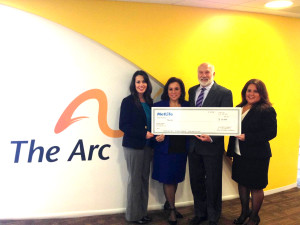The Arc Urges U.S. Supreme Court to Protect Constitutional Rights of People With Intellectual Disability on Death Row
Today, the U.S. Supreme Court heard arguments in Hall v. Florida, a death penalty case concerning the definition of “mental retardation” (or intellectual disability (ID) as it is now called) that Florida uses in deciding whether an individual with that disability is protected by the Court’s decision in Atkins v. Virginia. In 2002, the Supreme Court ruled in the Atkins v. Virginia case that executing inmates with ID is unconstitutional as it violates the Eighth Amendment ban on cruel and unusual punishment.
“Florida is clearly violating the Supreme Court’s Atkins v. Virginia ruling and the Court must reaffirm its commitment to the rights of people with intellectual disabilities in our criminal justice system. Freddie Lee Hall has an intellectual disability, and Florida’s effort to flaunt the professional standards on IQ testing to end someone’s life needs to be stopped by the highest court in our country. It is immoral and unjust,” said Peter Berns, CEO of The Arc.
The Hall case centers on whether the state may establish a hardline ceiling on IQ, refusing to consider whether anyone with an obtained IQ above that level may actually have ID, despite the fact that use of such a ceiling undermines the purpose of IQ testing and the professional judgment of the diagnostician, among other things. In Hall, the Court has been asked to address Florida’s decision to draw the line at an IQ of 70. Based on the professional expertise of two leading professional organizations in the field, the American Association on Intellectual and Developmental Disabilities (AAIDD) and the American Psychiatric Association (APA), it is universally accepted that IQ test scores must be interpreted by taking into account the standard error of measurement that is inherent in IQ tests. That means that any IQ test score is best understood as a range, rather than a single score: a score of 70, for example, is best understood as indicating that the person’s “true” IQ score is most likely between 65 and 75.
In addition to IQ testing, numerous expert evaluations have documented Freddie Lee Hall’s disability. Before the Supreme Court’s decision in Atkins, a Florida trial court found that Hall had ID “all of his life”. His family recognized his disability in early childhood and teachers repeatedly noted his intellectual disability. The lower court records also include findings of severe and violent abuse of Hall during his childhood.
The Arc has participated in a number of cases on this issue before the Supreme Court including Atkins v. Virginia. The Arc’s amicus (friend-of-the-court) brief was cited by the Justices in support of its ruling that the Constitution protects all defendants with ID. On December 23, 2013, The Arc submitted an amicus brief for the Hall v. Florida case.
Through a two-year grant for $400,000 from the U.S. Department of Justice, Bureau of Justice Assistance (BJA), The Arc is developing the National Center on Criminal Justice and Disability. This project is creating a national clearinghouse for research, information, evaluation, training and technical assistance for justice and disability professionals and other advocates that will build their capacity to better identify and meet the needs of people with intellectual and developmental disabilities, whose disability often goes unrecognized. Providing accurate, effective and consistent training for criminal justice professionals is critical.










